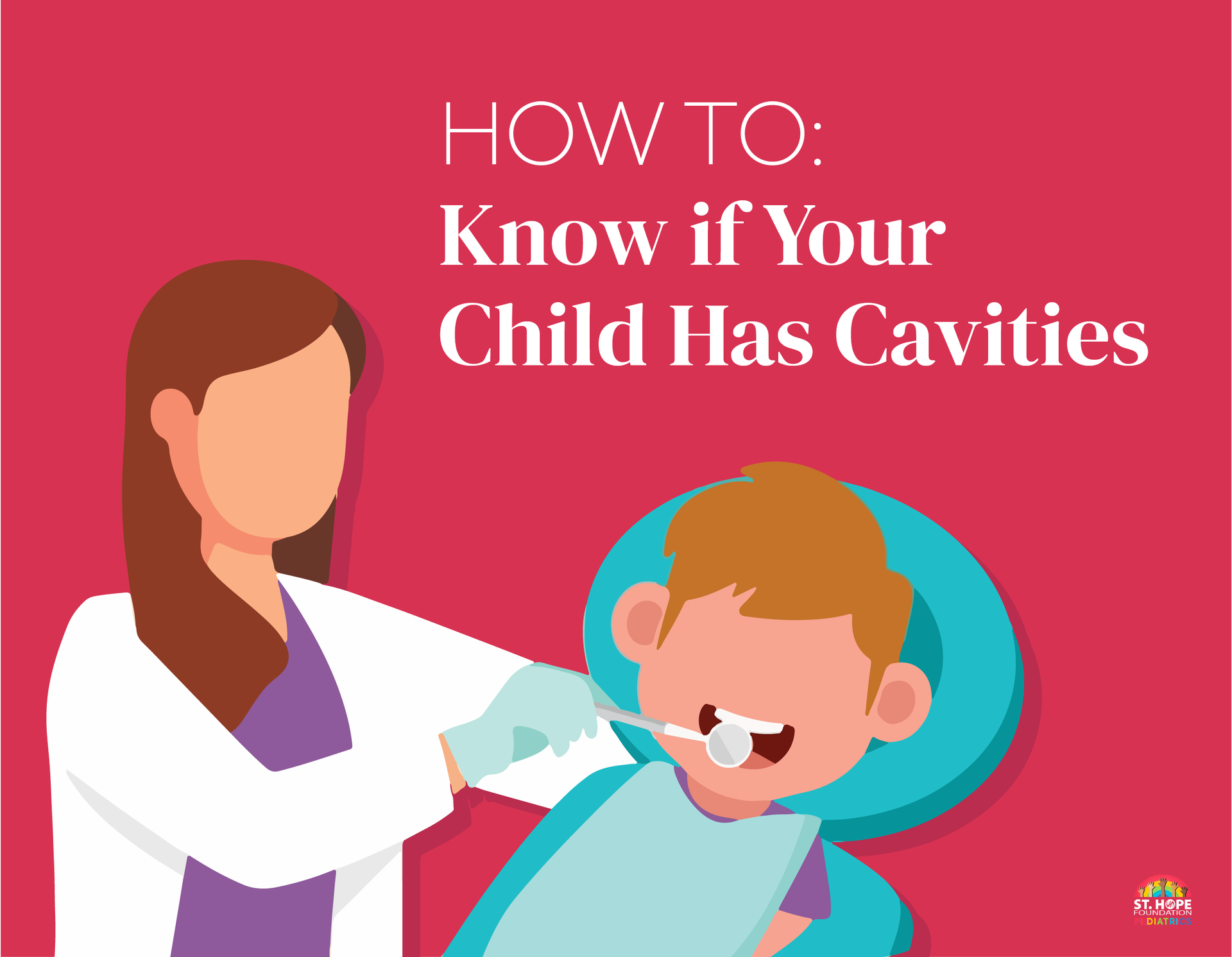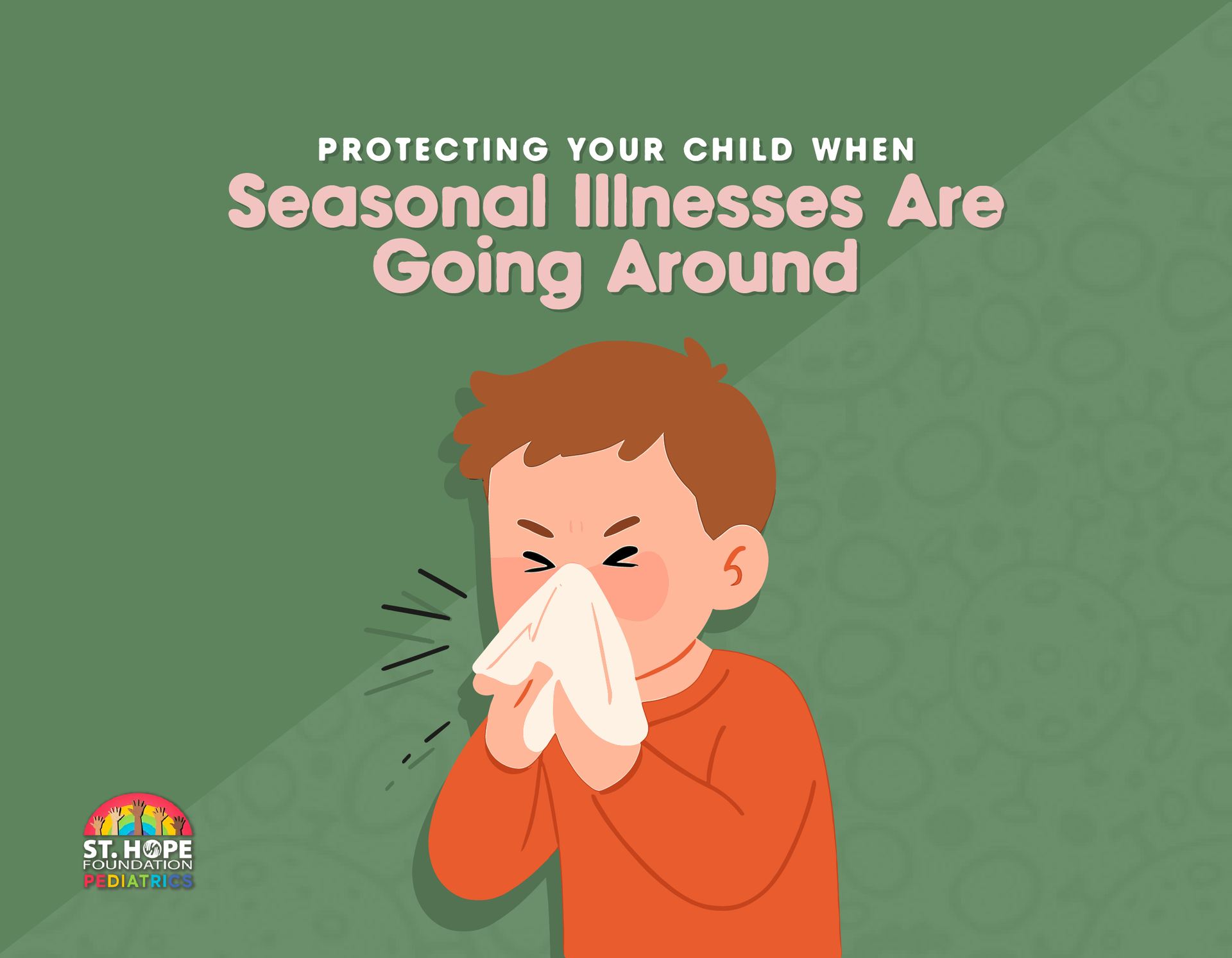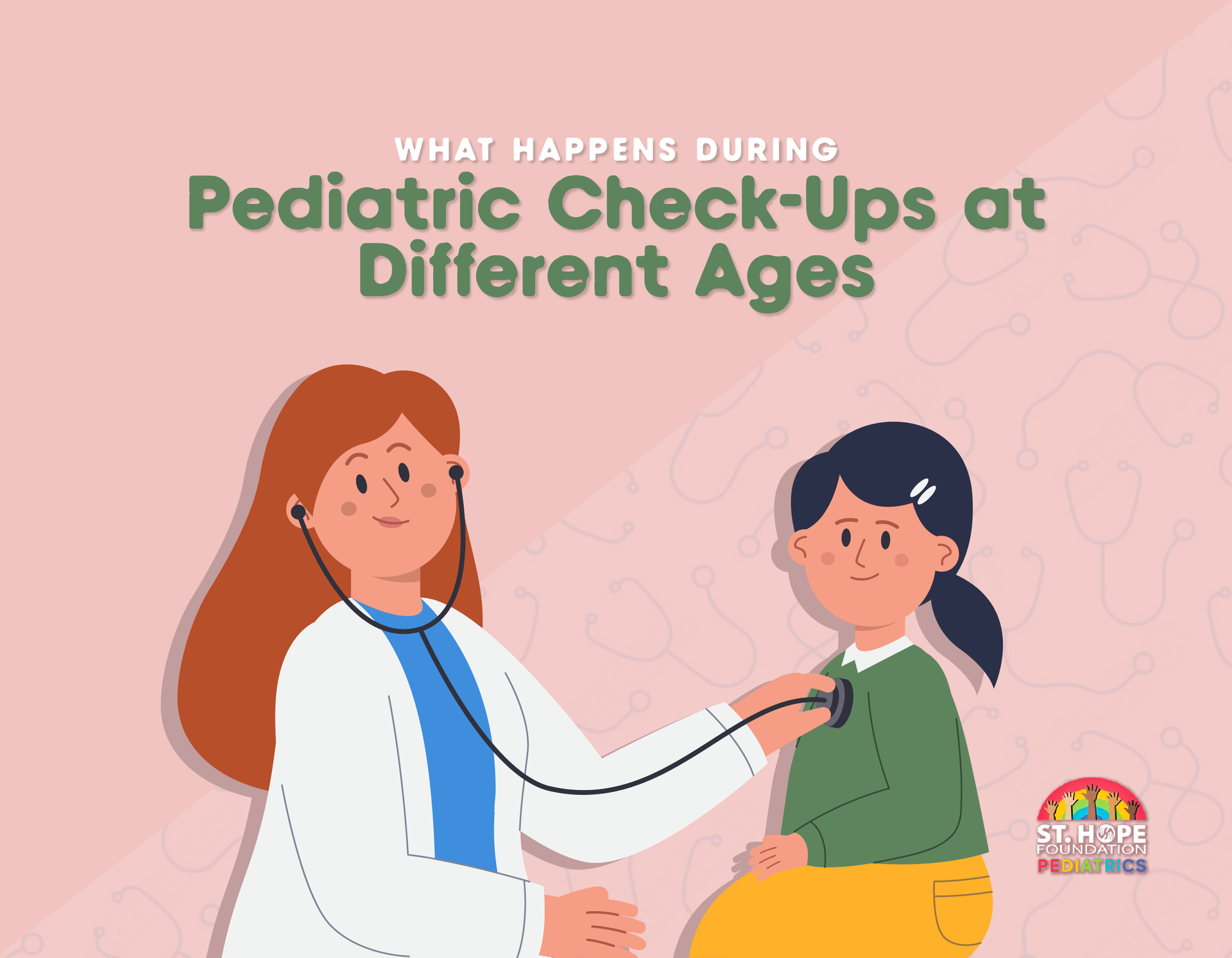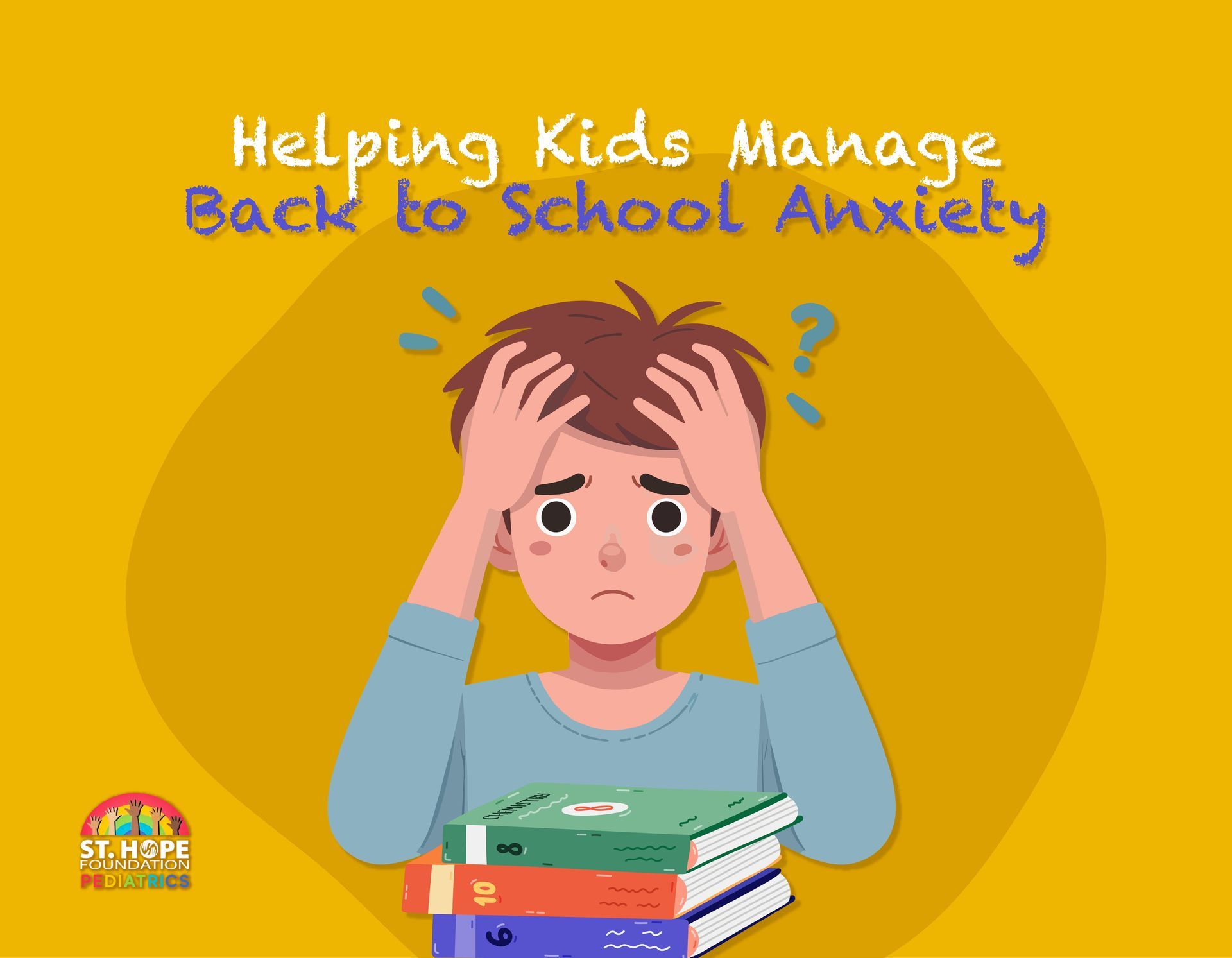
Although many people don’t develop cavities until they’re older, children are not immune to suffering from tooth decay.
Poor dental hygiene and eating foods rich in sugar can have devastating consequences on your child’s oral health. Luckily, there’s a number of things parents can do to help their children maintain healthy teeth and gums.
If your child has cavities, the symptoms may be subtle. For instance, your child may not experience any pain or discomfort. However, there are several other warning signs you should watch out for that may indicate your little one has a cavity.
Sensitivity to Hot and Cold
When your child experiences tooth pain after eating or drinking something hot or cold, it may be caused by cavities.
When a tooth is decaying, it loses most of its enamel—a protective layer that covers every tooth. When the enamel is gone, hot and cold foods and drinks will irritate the nerve inside the tooth, causing pain and discomfort.
Visible Holes in the Teeth
If there are visible holes and pits in your child’s tooth, chances are good they have a cavity.
Holes and pits in teeth typically begin with white spots. As the cavity, worsens, the spots turn into holes that can be seen and felt when your child runs their tongue over their teeth.
Staining on the Tooth’s Surface
Stains may first appear as white spots and become darker as the tooth continues to decay.
Staining typically starts on the tooth’s surface and works its way deeper as the cavity worsens. Once the decay reaches the inside of the tooth, not only will the tooth darken but your child will likely begin experiencing pain.
Pain When Eating or Drinking Something Sweet
When your child has a cavity, they may also develop a sensitivity to sugary foods and drinks. Like with sensitivity to hot and cold foods and beverages, sensitivity to sweets is caused by weakened enamel, which can no longer shield the cells and nerves inside the tooth from extreme temperatures and sugar.
How To Prevent Cavities in Baby Teeth
Preventing cavities is essential to your child’s overall good health. Decaying teeth pose a much greater risk that just a less-than-perfect smile. When cavities are left untreated, your child’s gums and teeth may become dangerously infected. Poor oral hygiene is also linked to diabetes and heart disease.
You can help prevent cavities and keep your child’s teeth healthy by doing the following:
- If your child is a baby, clean their teeth, gums and tongue twice a day with a wet cloth.
- If you have a toddler, brush their teeth twice a day with fluoride toothpaste.
- Transition your baby from a bottle to a cup by the time they’re 12 months old.
- Refrain from giving your child soda, juice, sugary drinks or junk food. Instead get them used to drinking water and munching on teeth-healthy snacks like fresh fruits and vegetables.
- Avoiding giving your child gummy candy as these can stick to teeth for a long time.
- Floss your child’s teeth daily to prevent tartar buildup and gum disease.
- Schedule periodic fluoride treatments with your child’s dentist. If they’ve had cavities before, the treatment may significantly reduce the risk of reoccurring tooth decay.
- Visit a dentist regularly. Just like adults, children need their teeth professionally cleaned every six months to keep the teeth and gums healthy and strong. A dentist can perform a thorough oral examination and clean difficult to reach areas and remove built-up plaque and tartar.
Is It Time for Your Child to Visit a Houston Pediatric Dentist?
At the St. Hope Foundation, we offer high-quality and gentle dental care to our youngest patients.
Is your child experiencing painful oral health problems or is due for a professional cleaning? Are you worried about toddler cavities? If you’ve answered “yes” to at least one of these questions, contact us today to schedule your child’s dental visit.
For more information, call (713) 778-1300.













